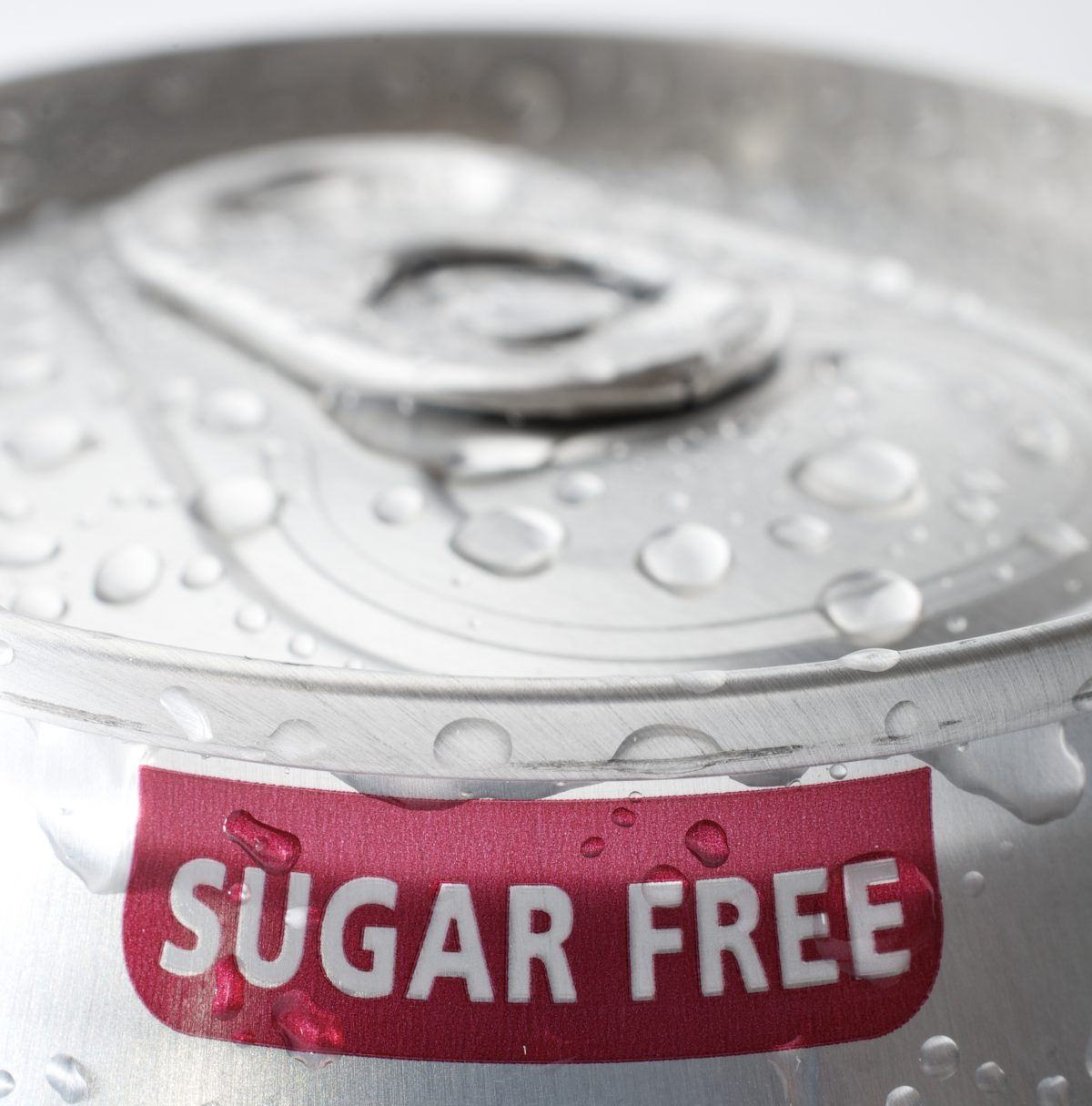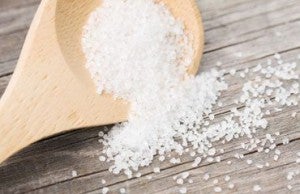Role of Body Fat We may not appreciate body fat, especially when it accumulates in specific areas like our bellies or thighs. But fat is an important source of stored energy when we can’t get to food for an extended time. Within the matrix of body fat, also called adipose tissue, there is not only … Continue reading “Body Fat”
Dietary guidelines have changed over the years as research becomes more accurate in determining what we should eat to attain optimal health and weight. The strongest evidence to date shows that calories matter, but focusing on food quality is an equally important part of preventing weight gain and promoting weight loss. Focus on eating high-quality … Continue reading “The Best Diet: Quality Counts”
1. Choose good carbs, not no carbs. Whole grains are your best bet.
The health effects of low-calorie/artificial sweeteners are inconclusive, with research showing mixed findings. Low-calorie sweeteners (LCS) are sweeteners that contain few to no calories but have a higher intensity of sweetness per gram than sweeteners with calories—like table sugar, fruit juice concentrates, and corn syrups. Other names for LCS are non-nutritive sweeteners, artificial sweeteners, sugar … Continue reading “Low-Calorie Sweeteners”
Sugary drinks (also categorized as sugar-sweetened beverages or “soft” drinks) refer to any beverage with added sugar or other sweeteners (high fructose corn syrup, sucrose, fruit juice concentrates, and more). This includes soda, pop, cola, tonic, fruit punch, lemonade (and other “ades”), sweetened powdered drinks, as well as sports and energy drinks. As a category, … Continue reading “Sugary Drinks”
Artificially sweetened drinks Research suggests that artificially sweetened drinks may contribute to weight gain. Because sweet “diet” drinks may condition you to crave other sweet drinks and foods, drinking “diet” drinks has the possibility of leading to weight gain. Moreover, the other health effects of artificially sweetened diet drinks remains largely unknown. It’s best to … Continue reading “Drinks to Consume in Moderation”
There is some evidence that a low-carbohydrate diet may help people lose weight more quickly than a low-fat diet (31,32)—and may help them maintain that weight loss. For example, POUNDS LOST (Preventing Overweight Using Novel Dietary Strategies), a two-year head-to-head trial comparing different weight loss strategies, found that healthy diets that varied in the proportions … Continue reading “Low-Carbohydrate Diets”
Salt, also known as sodium chloride, is about 40% sodium and 60% chloride. It flavors food and is used as a binder and stabilizer. It is also a food preservative, as bacteria can’t thrive in the presence of a high amount of salt. The human body requires a small amount of sodium to conduct nerve … Continue reading “Salt and Sodium”
“Go with plants” is one quick tip for following Harvard’s Healthy Eating Plate. To put that tip into practice, acclaimed cookbook author Mollie Katzen and Harvard University Dining Services have cooked up a meatless version of the Healthy Eating Plate. Crispy coconut tofu or “cozy” mashed red lentils anchor the protein portion of the plate. … Continue reading “Vegetarian Recipes for a Healthy Eating Plate”
Healthy Kitchens, Healthy Lives (HKHL) is annual conference that bridges nutrition science, health care, and the culinary arts. A collaboration between the Harvard Chan School’s Department of Nutrition and The Culinary Institute of America, the conference was created to teach medical professionals about nutrition and self-care, so that they will be better prepared to teach patients … Continue reading “Healthy Kitchens, Healthy Lives Recipe Nutrition Goals”





